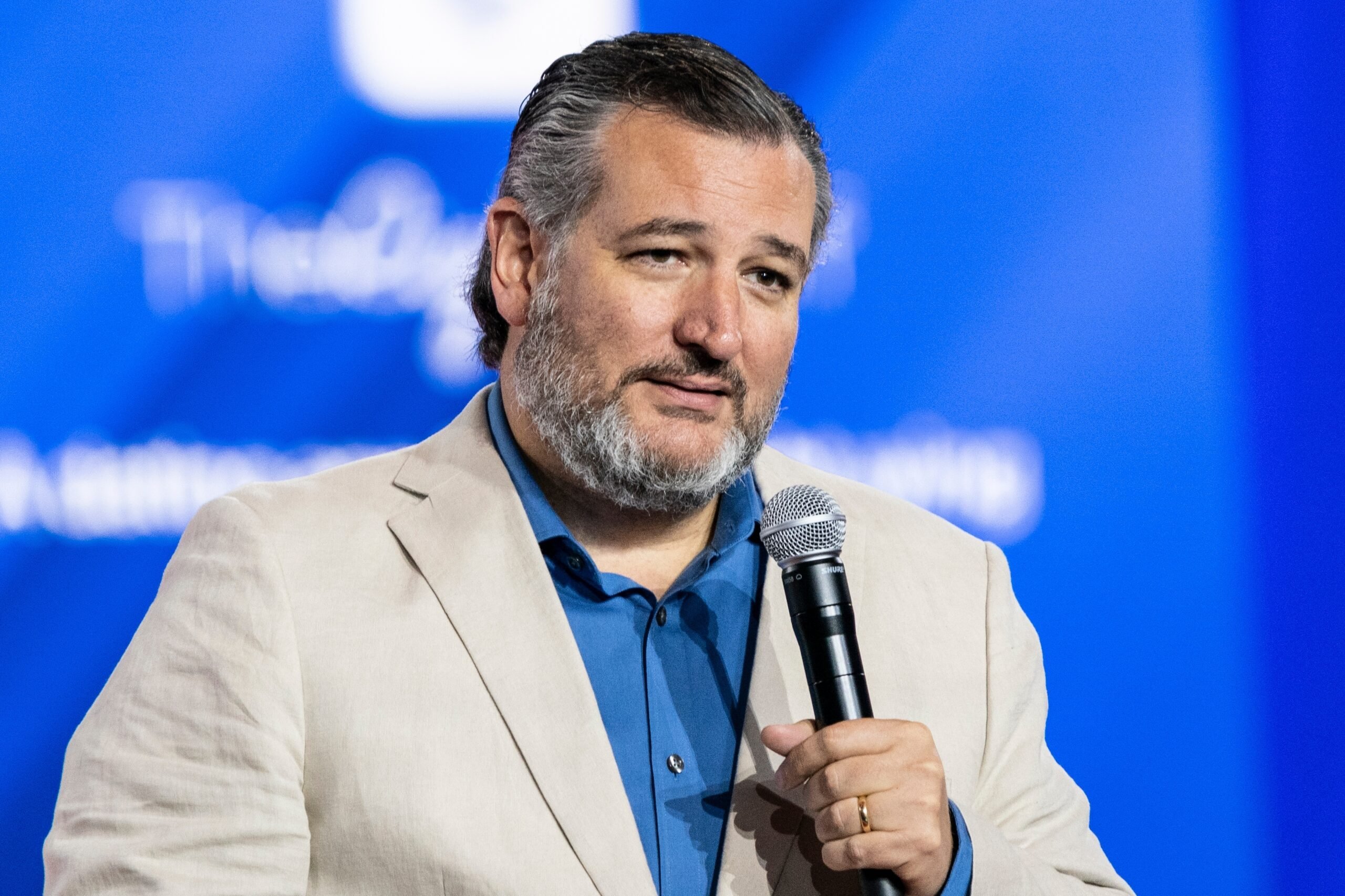
The Money Behind Texas’ Most Influential Think Tank

A version of this story ran in the January 2014 issue.
Above: Gov. Rick Perry speaking at a TPPF summit.
What do you call a group of ideologues that collects millions from corporations and billionaires and then—through the alchemy of fuzzy math and Ayn Randian levels of free-market wishful thinking—churns out studies and policy papers used by politicians to justify miserly policies? Kick kids off health insurance? Here’s a white paper for that. Create confusion about climate science? Research paper! Propose tax cuts as a means to help West, Texas, recover from the fertilizer plant disaster? You bet. Derail Medicaid expansion that could insure millions and save an estimated 9,000 lives a year in Texas? Done.
I’d hardly call this organization a “think tank.” But that’s how the Texas Public Policy Foundation (TPPF) has been billing itself for many years, even as evidence grows that it’s less a think tank than in the tank.
Now, there’s nothing wrong with a conservative policy shop. After all, TPPF has a liberal counterpart, the Center for Public Policy Priorities, that frequently takes opposing stances on issues. The Center for Too Many P’s, as it’s sometimes jokingly called, certainly has an agenda—albeit one that strikes me as considerably more concerned with the well-being of working-class Texans and much less hardline in its policy prescriptions. If anything, CPPP is wonky and nuanced to a fault, perhaps reflecting its staff’s public-policy school pedigrees.
But TPPF is a different animal. The organization got its start in 1989, bankrolled by San Antonio mega-donor James Leininger, who sought intellectual support for his school-reform ideas, which included public school vouchers. TPPF floundered in relative obscurity for years, operating out of a warehouse in San Antonio with two employees. Relocating to Austin, nearer the political and lobby nerve center, helped boost the foundation. So did new leadership and friendly relationships with rising Republican stars like Rick Perry, Greg Abbott and Ted Cruz. But TPPF’s emergence as a place for mainstreaming fringe ideas couldn’t have happened without a funding formula. As the Observer reported last year, the group’s ever-growing budget—$5.5 million in 2011—is flush with donations from the likes of the Koch brothers, ExxonMobil, Altria (tobacco), Geo Group (private prisons) and dozens of other corporations, interest groups, right-wing foundations and wealthy businessmen with an agenda to promote.
Establishing a strict quid pro quo between the funding and the policy is difficult, of course, but TPPF’s policy papers and ideological positions often meld with the interests of its client-donors. That curious synchronicity suggests that this think tank may be less ideological than customer service-oriented—a point underscored by reporting the Observer and The Guardian did in December. In an application to a large conservative foundation, TPPF bragged about its ability to provide an “intellectual foundation” for attacks on Medicaid. TPPF boasted of numerous meetings with Rick Perry’s staff and of convincing Sen. John Cornyn and a pair of Texas congressmen to “champion” legislation that would allow Texas to “block grant” (read: partially privatize) the state’s Medicaid program. Exaggeration is a feature of grant writing, and TPPF is no doubt inflating its influence a bit. But the documents still show TPPF’s reach and its main selling point: that it puts a veneer of respectability on otherwise fringe ideas. But any notion that TPPF operates with intellectual integrity is belied by the documents, too. In its grant request, TPPF seeks $40,000 from the funders to “prove” that its Medicaid proposal will work. Not to test it, or subject it to different assumptions, but rather to reach a predetermined conclusion. That’s the definition of reverse-engineering. And it is considered unethical in journalism, academia and intellectual pursuits.
TPPF is just one of scores of state-level think tanks that have cropped up in state capitals over the past decade. They receive only a tiny fraction of the media attention that marquee, Washington, D.C.-based organizations like the Heritage Foundation do. But in their way, the state groups are more influential. Very little happens in Congress these days anyway. The action on critical issues has shifted to statehouses where the TPPFs of the nation have outsized sway. But there’s nothing intellectual or thoughtful about what they do. It’s time to stop pretending otherwise.
To support journalism like this, donate to the Texas Observer.
